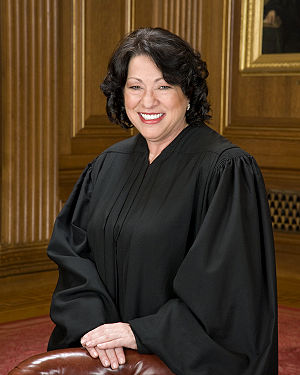Many of the workshops I teach are about setting goals and taking action to reach them. Short articles don’t reflect one important discussion that often takes place in those workshops: “what if our goals don’t matter?”
Now before you click off of the page, this is not as depressing as it first sounds.
The idea came from a long ago conversation with my friend Penny. We were at a conference and had just attended a workshop that featured some very aggressive goal-setting and achievement techniques that didn’t really fit for either of us. Busy Moms with demanding jobs and lots of interests, we wondered why we had both been so turned off by the speaker.
We were left with a similar question. What if our goals don’t matter?
I suspect it’s a question a lot of people struggle with and we had a great discussion. While there are certain things that are vital to achieve there are others that would just be nice. Extras. Dreams. Fantasies.
She and I were both struggling with the idea that, while we both like moving forward in accomplishment and believe that we have the ability to make at least some of our dreams come true, it is not always necessary. We both had (and continue to have) wonderful lives and are very, very grateful for that. And that is what made the new goals ‘not matter’ – the fact that life is full and wonderful the way it is.
I think that this is a vital step that may be missing from some of the ‘success teachings.’ We don’t have to be dissatisfied to set goals. In fact, being grateful for what we already have is an important first step. Full acknowledgement, gratitude and enjoyment of what we already have helps us to build on strengths. It connects us with our strong foundation as we build an even better future.

